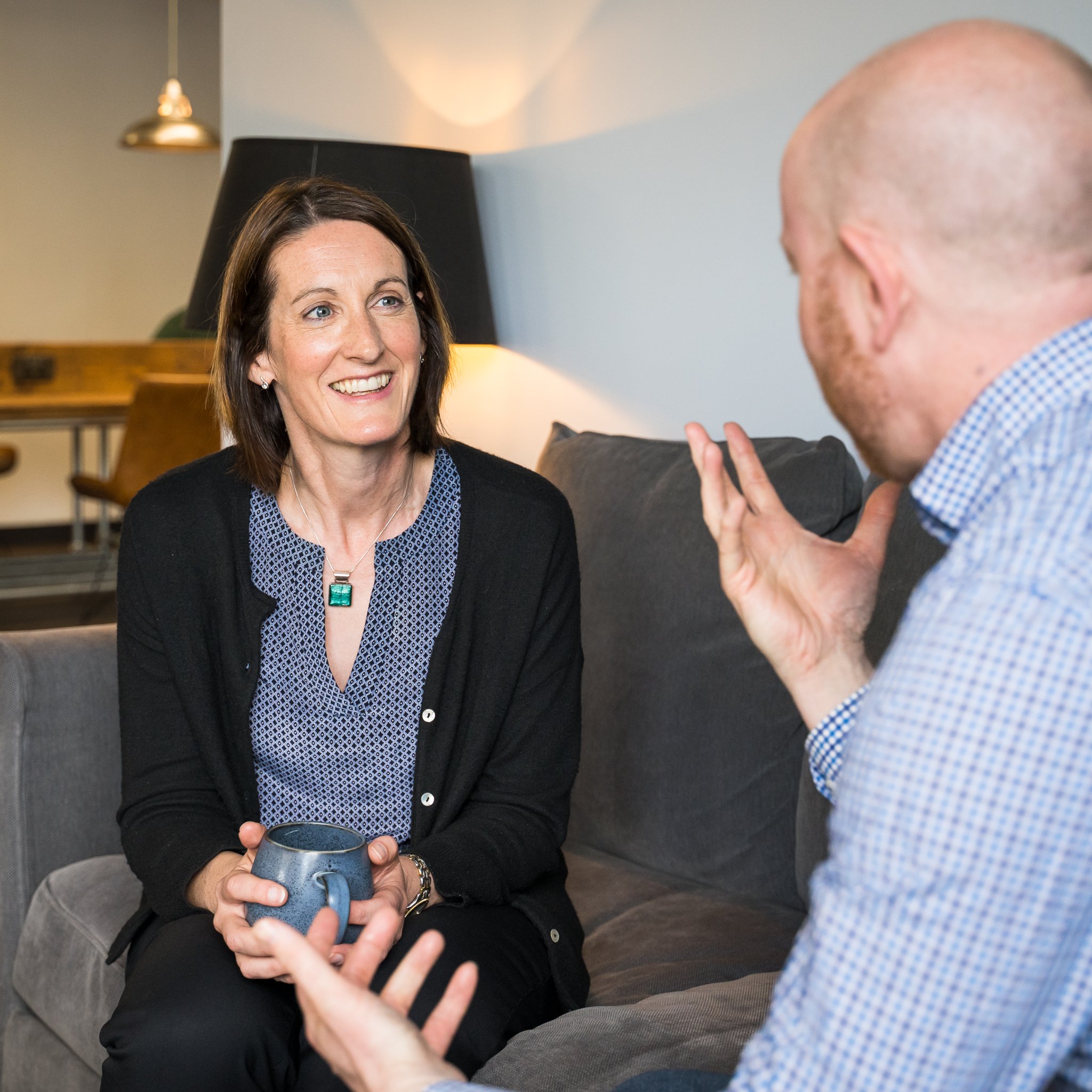Photo by Ashley Batz on Unsplash
Self-coaching has been called one of the life-changing skills that everyone should master.
But what is it, and how can it help you be a better leader? And is it really as good as hiring an executive coach?
Self-coaching is the art of guiding our own growth and development. When working with a coach as part of a partnership, we still take responsibility for our own development, but our coach acts as a catalyst to help with the process. That can be through an insightful question, a well-timed reflection on what they’re hearing, or creative tools and techniques.
With self-coaching, the coach as a catalyst is missing from the equation, so you need to work a bit harder to find the trigger to help you progress in your thinking.
Photo by Jess Bailey on Unsplash
The first place to start is by setting a goal for your coaching. One key objective of self-coaching is increased self-awareness. That in itself may be enough of an overall goal, or you may want to use that self-awareness for a particular purpose - perhaps improving a relationship at work or finding a new role. Goals should be as specific as possible and framed in positive language (i.e. they should state what you do want rather than what you don’t want).
You can then consider your current situation as objectively as possible. This can be difficult without a reasonable degree of self-awareness, so work on this first. Be aware of your thoughts and feelings about the situation, but through the lens of an independent person. It isn’t about judging whether anything about you is good or bad - it’s just setting out the facts as you see them. Curiosity is key, ask yourself open questions, and as you reflect on your response to these questions, notice your thoughts and feelings and write them down.
Then reflect from a distance on what is going on in a particular situation. Concerning your goal, what’s working well and what needs to be improved? Even when self-coaching, you can find external catalysts to help you with your thinking - this may be feedback you’ve received from others or results from previous psychometric tests you may have taken. If you’re feeling really stuck, I’ve created a short list of self-reflection questions that you can use to help you.
As you do this, you may be aware of some limiting beliefs holding you back. It’s not easy to change these immediately, but reframing them can help you move forward so you can focus on a positive path of change ahead. I’ve written a previous blog on this topic that may help.
After some self-reflection, you can then begin to move forward. What options do you have for achieving your goals? Get creative. Again, external catalysts such as brainstorming techniques can help here.
Then it’s about making a plan to reach your career goals. What do you need to do, and how will you do it? What may stop you from reaching your goal? How will you get around it? How will you keep yourself accountable? How will you celebrate?
Self-coaching may sound like an oxymoron. However, taking a step back from your thoughts and looking at things from a different perspective can enable a deeper level of self-awareness, helping you break free of learned patterns of behaviour and achieve your personal and professional goals. To find more tools and support to help you, you can pick up a number of books on the topic - I recommend You Coach You by the Amazing If team for a very readable, practical guide.
Photo by Alex Rickard Photography
If it still seems daunting, then some sessions with a professional coach can guide you into the mindset of self-reflection. Get in touch if that’s you - I’d love to help you become more self-aware and help you to reach your career goals.



